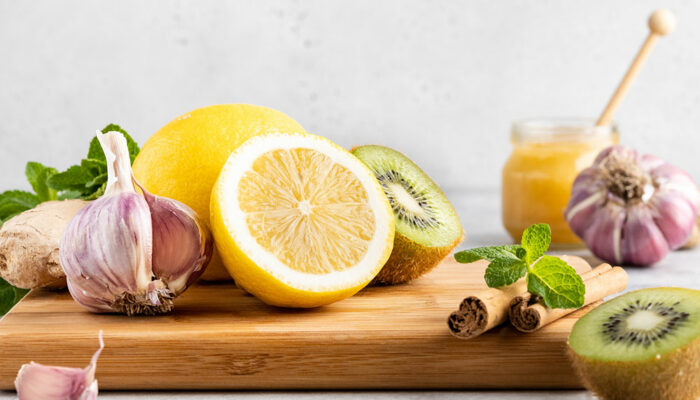
6 common warning signs of COPD
Chronic Obstructive Pulmonary Disease (COPD) is a progressive respiratory condition affecting millions worldwide. While COPD typically develops slowly over time and is often diagnosed in its later stages, recognizing its early signs is crucial for timely intervention and management. It is crucial to explore the subtle but vital indicators that can signal the onset of COPD, understand their underlying causes, and comprehend how they are linked to this chronic condition. Mentioned below are the warning signs of COPD: Persistent cough A chronic cough that lingers in patients for weeks or months can indicate COPD. In some patients, the cough might recur frequently for no specific reason. Prolonged exposure to respiratory irritants like chemicals, pollen, dust, and other compounds can also trigger COPD symptoms. The constant inflammation in the lungs and the rest of the airway is a major contributor to the disease. Over time, the increased inflammation damages the tissues of the respiratory system, leading to decreased lung function. Shortness of breath Shortness of breath in patients with COPD is a common early warning sign of the condition. The patient’s airways and sacs are compromised because of the constant cough and irritant exposure. The damaged tissues mean less lung capacity.
Read More 















